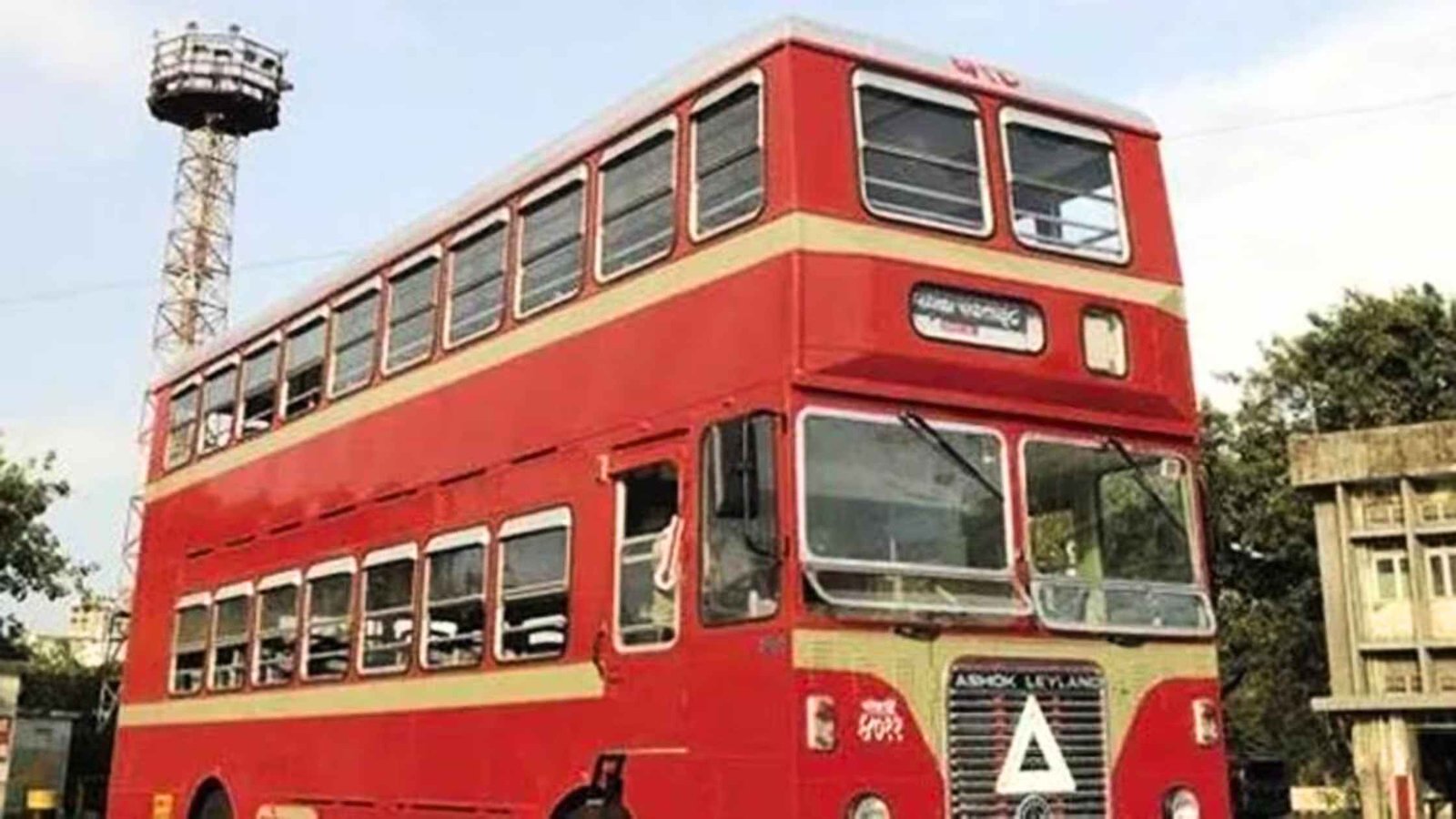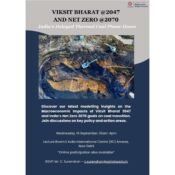“Kolkata Takes a Breath of Fresh Air: West Bengal Government Launches Air-Purifying Buses to Combat Pollution”

The West Bengal government has launched buses with air purifiers in the state capital, Kolkata, to bring down pollution levels in the city, said the state’s pollution control board.
The Bus Roof Mounted Air Purification System (BRMAPS), named ‘Suddha Vayu’, is the first of its kind in India, said a statement issued by the West Bengal Pollution Control Board (WBPCB).
“We have launched 20 such buses. It is a part of a pilot project in collaboration with scientists from IIT Delhi. We need to check the seasonal variations of the pollution levels and how the devices perform,” said Kalyan Rudra, chairman, WBPCB.
The BRMAPS will also be fitted with sensors to measure the air quality of the ambient air – such as levels of particulate matter (fine inhalable particles measuring 7 – 30 times finer than the thickness of a human hair) on a real time basis, as the vehicle moves along the road.
“The air filter attached to the system would capture pollutants from the air as the bus moves on its route. It would suck up the pollutants and release clean air into the atmosphere,” said the WBPCB statement.
The air purifiers are fitted with high efficiency particulate absorbing filters and activate carbon filters to bring down levels of polluting gases and suspended particles by around 90%, it said.
The real-time data will be sent to the Integrated Command and Control Centre of the WBPCB for further evaluation. Everyday pollution levels would be monitored for around 8 – 20 hours depending upon the time for which the bus plies.
The air-conditioned buses have also been fitted with a Bus Inside Air Purification System (BIAPS) to clean up the air circulating inside the buses. Commuters would be able to breathe at least 50% cleaner air, officials said.
The state environment department will also deploy drones at night to measure and combat industrial pollution. The drones will be fitted with sensors to measure the real-time air quality of an area.
The pollution control board receives multiple complaints that many industrial units in some cities turn off their pollution tracking devices at night to evade surveillance of WBPCB.
“It is difficult to enter the factories during odd hours to check pollution levels and how they violate the norms. The drones, fitted with air quality sensors and cameras will take care of that,” the official said adding that the sensors would initially measure levels of particulate matter.
Later they may be equipped with sensors to collect data on other gaseous pollutants such as Sulphur dioxide and Nitrogen dioxide.



